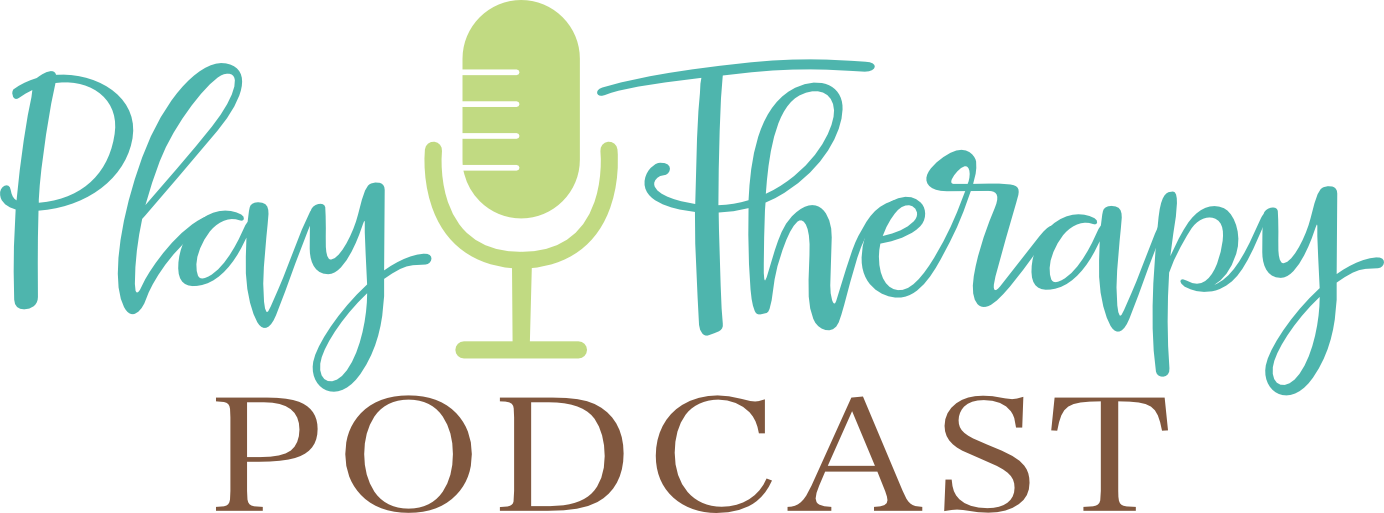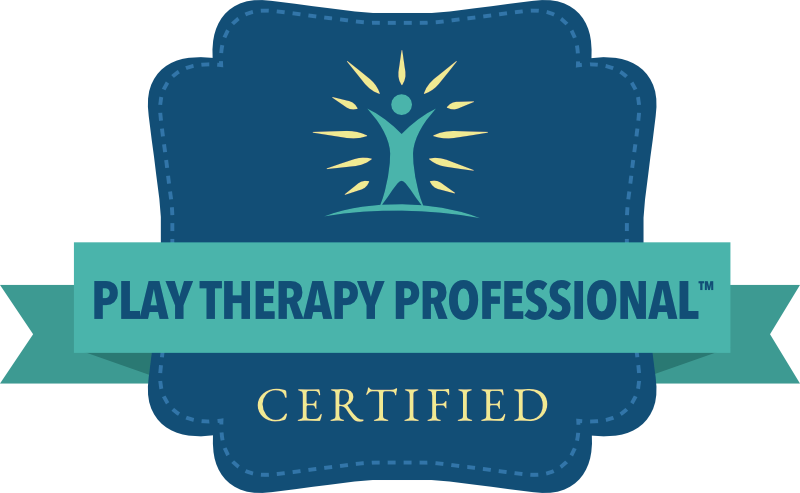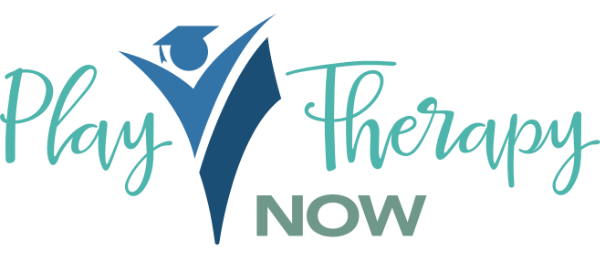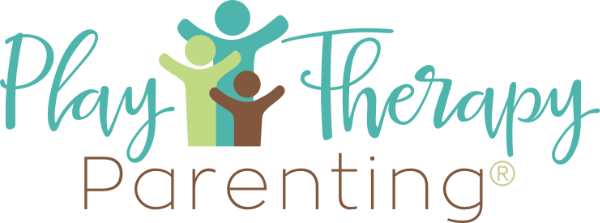Staying True to the Model: Encouraging New Therapists to Trust CCPT
In this episode of the Play Therapy Podcast, I respond to a question from Deidra in Virginia, a first-year supervised therapist whose supervisor isn’t child-centered and often suggests teaching coping skills to young clients in play therapy sessions. I share my perspective on why child-centered play therapy (CCPT) doesn’t involve directive instruction like teaching coping skills and how children naturally develop coping mechanisms through the CCPT therapeutic process itself. I offer encouragement to Deidra and other therapists in similar situations, emphasizing the importance of adhering to the CCPT model.
I also discuss how CCPT encourages therapists to trust the process, the model, and the child’s ability to work through challenges in their own way. I remind listeners that it’s natural to feel unsure in moments when others advocate for a different approach, but staying true to the CCPT model yields powerful, transformative outcomes over time.
Sign up for my exclusive newsletter at playtherapynow.com. Stay ahead with the latest CCPT CEU courses, personalized coaching opportunities and other opportunities you need to thrive in your CCPT practice!
If you would like to ask me questions directly, check out www.ccptcollective.com, where I host two weekly Zoom calls filled with advanced CCPT case studies and session reviews, as well as member Q&A. You can take advantage of the two-week free trial to see if the CCPT Collective is right for you.
Ask Me Questions: Call (813) 812-5525, or email: [email protected]
Brenna’s CCPT Hub: https://www.playtherapynow.com
CCPT Collective (online community exclusively for CCPTs): https://www.ccptcollective.com
Podcast HQ: https://www.playtherapypodcast.com
APT Approved Play Therapy CE courses: https://childcenteredtraining.com
Twitter: @thekidcounselor https://twitter.com/thekidcounselor
Facebook: https://facebook.com/playtherapypodcast








